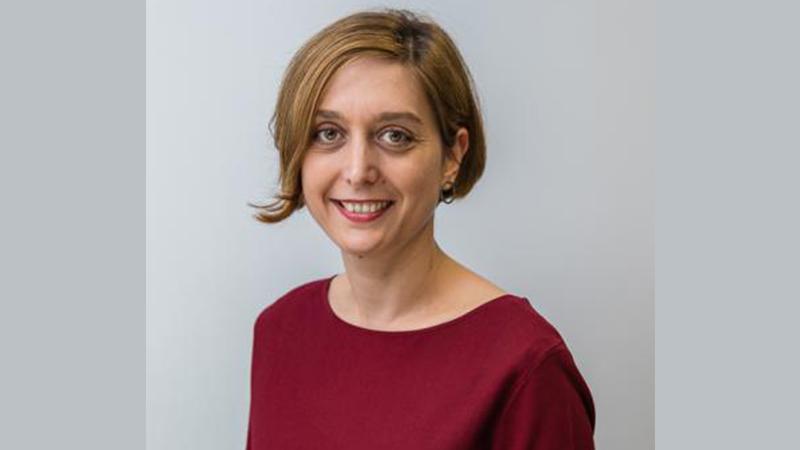Anastasia Kavada, Reader in the School of Media and Communications at the University of Westminster, along with Professor Thomas Poell from the University of Amsterdam, have been shortlisted for a MeCCSA Outstanding Achievement Award in the Journal Article of the Year category.

Their work, From Counterpublics to Contentious Publicness: Tracing the Temporal, Spatial, and Material Articulations of Popular Protest Through Social Media, was published in the journal Communication Theory in 2021.
The article presents a new approach to the study of protest through social media, looking at how we can study more effectively the public debate around contentious issues that people are compelled to protest about. The authors argue that social media facilitates more transnational and dynamic processes of public debate than traditional theories, which theories such as ‘counter-publics’ cannot effectively explain.
They thus propose a development of the ‘counter-publics’ theory in three steps. Firstly, since public debate via social media is dynamic and ever-changing, the authors propose that we shift our attention from publics to ‘contentious publicness’ - to the continuously shifting process of public debate around contentious issues that can create and traverse different publics through time. As a second step, they suggest that we turn our focus from ‘counter-publics’, which are thought of as a space that is distinct from the dominant public sphere, towards distributed forms of contention, meaning public debate around contentious issues that is dispersed across different social media platforms, both mainstream and alternative, across time and space.
Finally, instead of considering the media as arenas of claims that originate outside of the media, the authors investigate how the media themselves create processes of public debate around contentious issues – or, as the authors call it, ‘contentious publicness’ – processes that can be studied along their material, spatial, and temporal dimensions. These three steps create an analytical framework through which trajectories of contentious publicness can be systematically traced and evaluated. The authors demonstrate the use of this framework through case studies on the 2011 Egyptian uprising and the Occupy protests.
Regarding the journal article, the judges commented: “The article proposes a strong analytical framework to research public contestation through social media. Kavada and Poell’s retheorisation of the public sphere offers three substantive conceptual moves toward an understanding of contentious publicness via material, spatial and temporal dimensions, and constitutes a substantive intervention in thinking about popular protest via social media.”
The MeCCSA Awards recognise outstanding research in media, communication, and cultural studies. Nominations can be made for outputs published or released in the public domain, or for doctoral research. They are then reviewed by a panel, selected by the MeCCSA Executive Committee, who decide on the shortlists and the awards. The winners will be announced during the MeCCSA Annual Conference 2022, hosted by Robert Gordon University, Aberdeen, on 7-9 September.
Talking about being shortlisted, Kavada said: “I am very proud that our article with Thomas Poell has been shortlisted for a MeCCSA Outstanding Achievement Award. This article is the outcome of a long process of discussion, writing and revision, as well as presentation at workshops and conferences where colleague feedback was crucial for developing our ideas. Many thanks to our colleagues and to the anonymous reviewers of Communication Theory for helping us to refine our thinking on this topic.”
At Westminster, Kavada leads the Media, Campaigning and Social Change MA course. She is also corresponding editor for the journal Media, Culture and Society, and a member of the advisory board for the journals Social Media + Society. Her research looks at the relationship between digital media, advocacy groups and social movements, focusing on issues of democracy, organising, decision-making, storytelling and solidarity building.
Learn more about Media and Communication courses at the University of Westminster.


